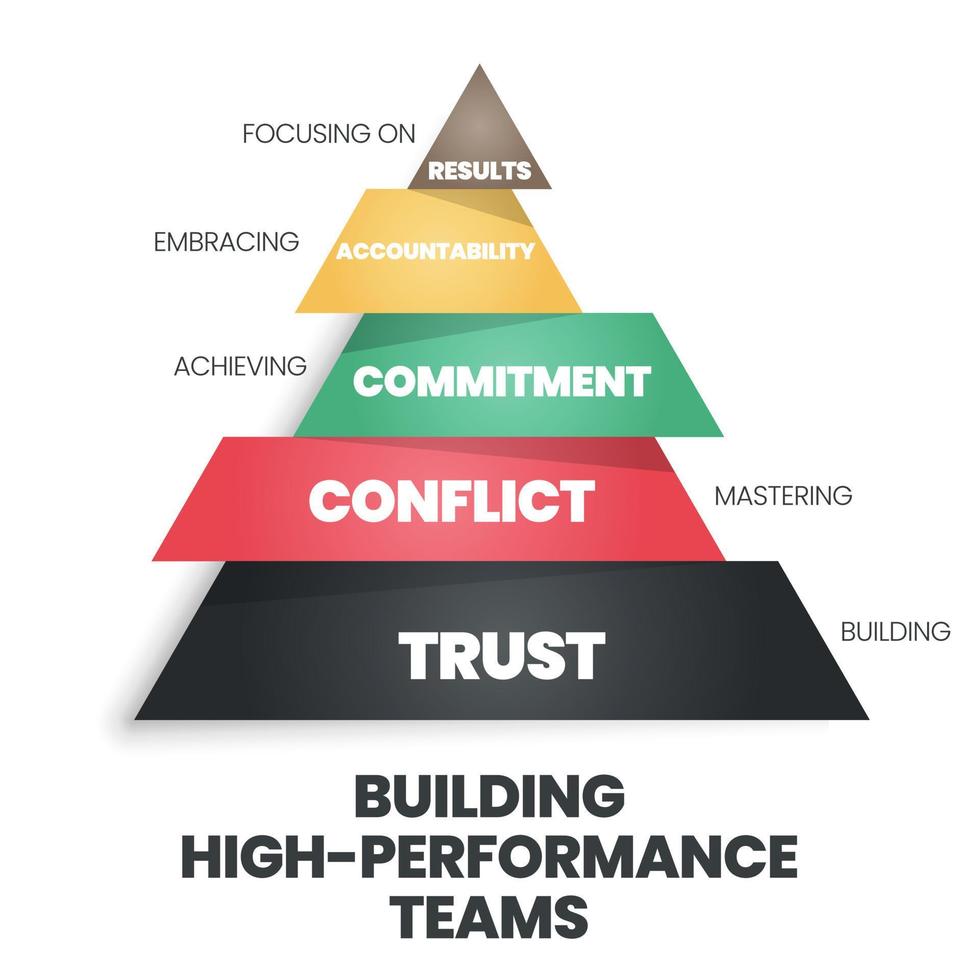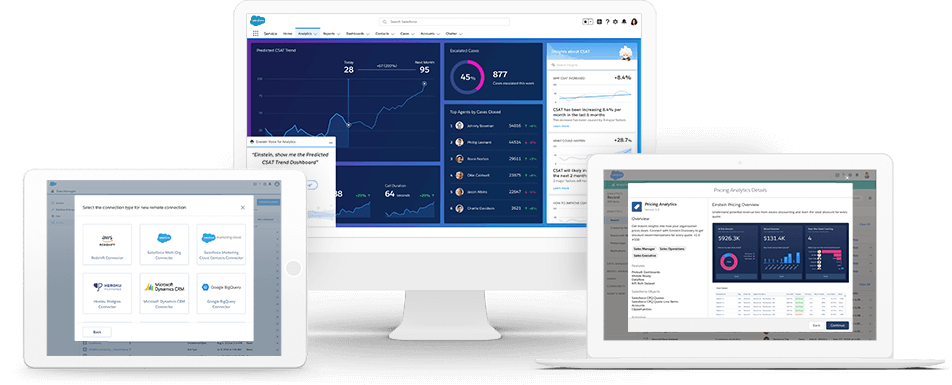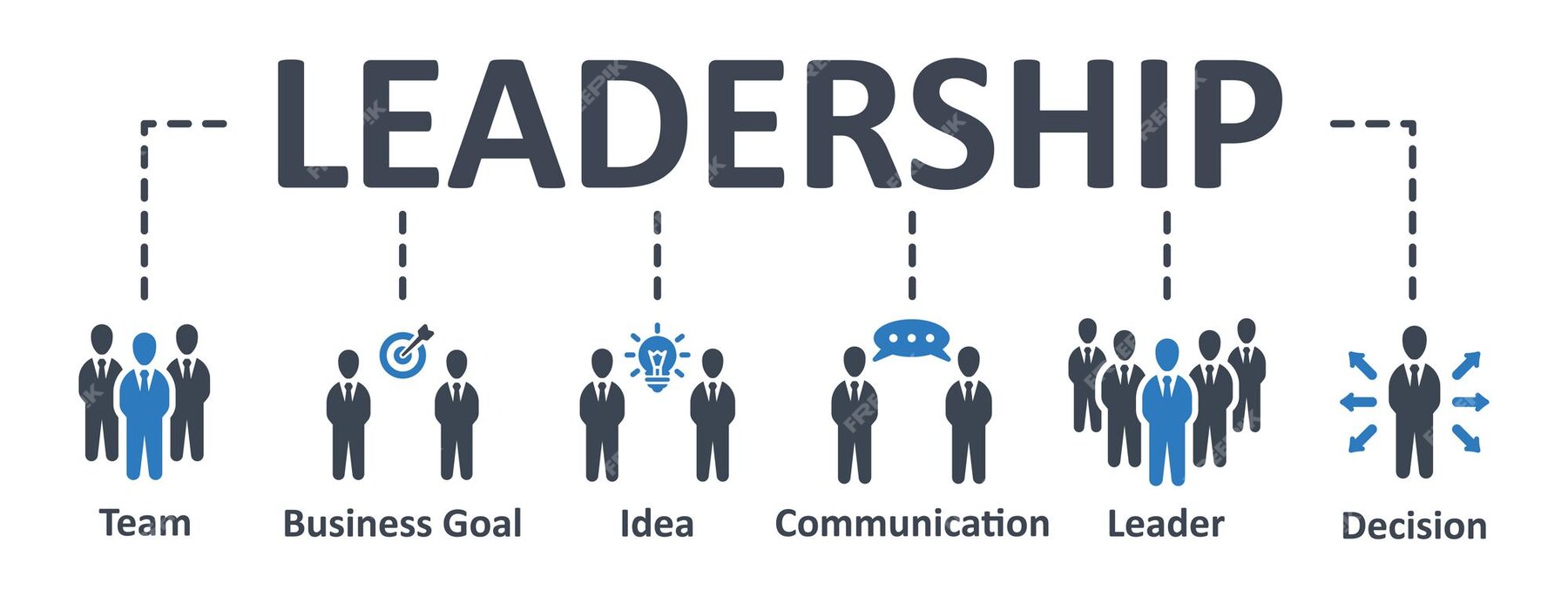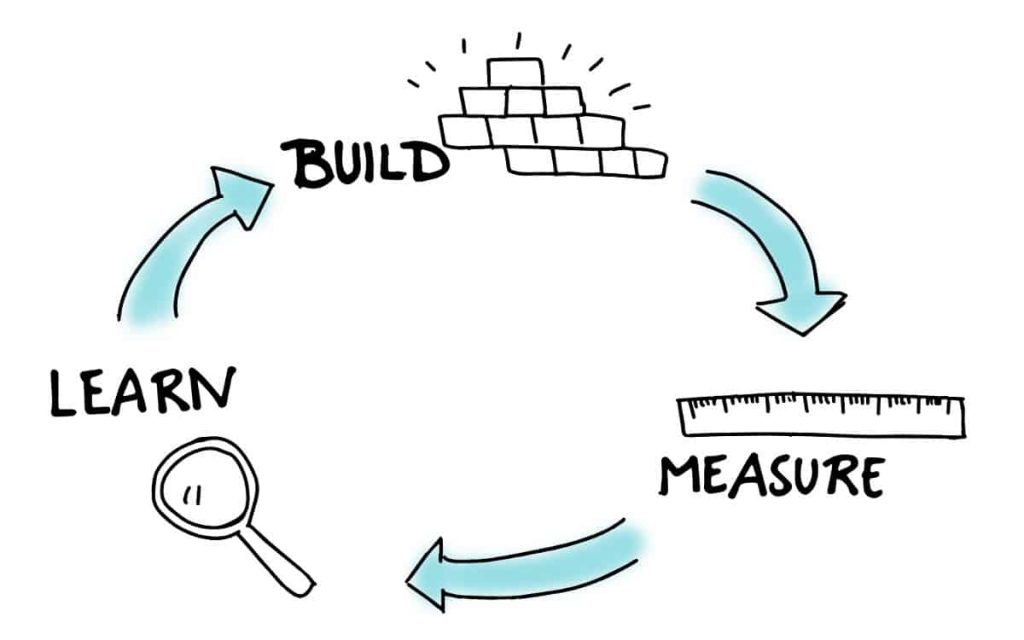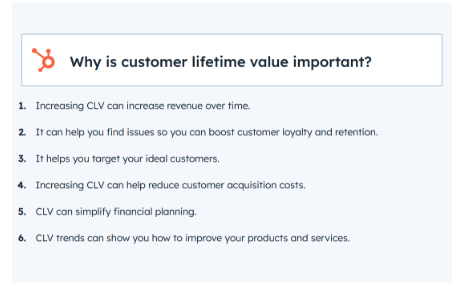
Mastering Sales Force Management: Strategies for Efficient Team Performance
Posted by: Ali Jaffar Zia
August 1, 2024
Unlocking the Potential of AI Chatbots
Sales force management is an intricate and vital aspect of any business strategy, which drives revenue growth and market penetration. For experts in the field, understanding the nuances and deploying effective strategies is crucial for optimizing team performance and achieving organizational goals.
This blog explains the advanced strategies for managing a sales force, emphasizing data-driven insights, sophisticated management techniques, and technology integration to elevate performance.
According to a Stanford University study, teams that work well together are 50% more productive. This statistic emphasizes that effective teamwork is directly linked to increased productivity.
Let’s dig deeper into it.
Understanding the Fundamentals of Sales Force Management
Sales force management encompasses the recruitment, training, supervision, and motivation of sales personnel. The ultimate goal is to build a high-performing team that meets or exceeds sales targets.
Here are the foundational elements to build a high-performance team in any industry.
- Recruitment and Selection:
Hiring the right talent is the first step. A structured recruitment process, leveraging psychometric tests and structured interviews, ensures that only the most suitable candidates are selected.
Building High-Performance Teams: Strategies for Recruitment, Development, and Retention | LinkedIn - Training and Development:
Continuous learning is crucial. A robust training program that includes product knowledge, sales techniques, and soft skills development is essential for keeping the sales team competitive. - Motivation and Compensation:
A well-designed compensation plan that includes a mix of fixed salary, commissions, bonuses, and non-monetary incentives keeps the sales force motivated. - Performance Monitoring
Regular monitoring through KPIs and performance reviews helps in identifying areas of improvement and implementing corrective actions.
Performance monitoring is a critical component of sales force management, serving as the backbone for evaluating and improving efficient team performance. Effective monitoring allows sales managers to track progress, identify challenges, and implement strategic adjustments to enhance overall productivity. In this section, we will delve into why performance monitoring is essential and how it contributes to mastering sales force management.
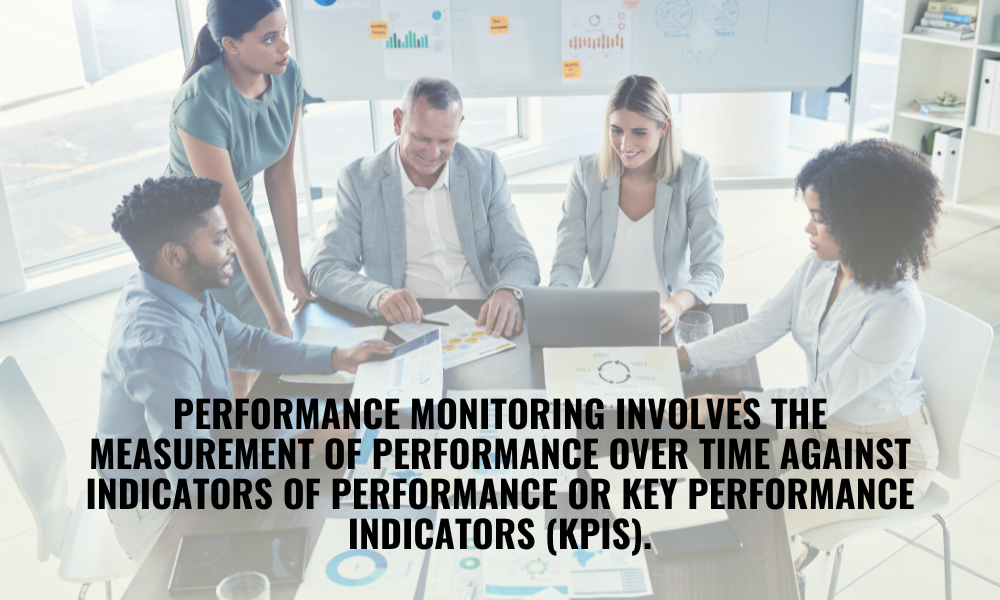
Advanced Strategies for Sales Force Management
Data-Driven Decision Making
In the era of big data, leveraging analytics to drive sales force management decisions is non-negotiable. Here’s how data can transform sales management:
- Predictive Analytics:
Using historical data to predict future sales trends helps make informed decisions about resource allocation and sales strategies. Tools like Salesforce Einstein Analytics provide predictive insights that can guide sales efforts. - Customer Segmentation:
Data analytics can segment customers based on various parameters such as buying behavior, demographics, and past interactions. This segmentation allows for more targeted and efficient team performance. - Performance Analytics:
Monitoring individual and team performance through data analytics helps identify top performers and those who need additional support. Dashboards and real-time reporting tools provide instant insights into sales activities and outcomes.
Integration of Technology
Technology integration is essential for modern sales force management.
Here are some key technologies that enhance efficiency and performance:
- Customer Relationship Management (CRM) Systems:
CRM systems like Salesforce, HubSpot, and Zoho CRM centralized customer data, streamline sales processes, and improve customer interactions. These systems also offer automation features that reduce administrative tasks and allow salespeople to focus on efficient team performance. - Sales Enablement Tools
Tools like SalesLoft and Outreach.io provide sales teams with the resources they need to engage buyers effectively. These platforms offer features like email sequencing, call analytics, and content management to enhance sales productivity. - Artificial Intelligence (AI):
AI-powered tools can automate routine tasks, provide insights into customer behavior, and recommend the next steps in the sales process.
For instance, chatbots can handle initial customer queries, freeing up sales reps for more complex tasks.
Leadership and Team Dynamics
Effective leadership and fostering a positive team dynamic are crucial for sales force success. They create a motivating and supportive environment where each team member can thrive. Strong leaders set clear goals, provide constructive feedback, and inspire confidence, driving the team towards achieving sales targets. A positive team dynamic encourages collaboration, open communication, and mutual respect, which enhances problem-solving capabilities and innovation. When salespeople feel valued and understood, they are more likely to be engaged, motivated, and committed to their work, leading to improved performance, higher productivity, and ultimately, greater sales success.
Here are some advanced strategies:
- Transformational Leadership:
Leaders who inspire and motivate their teams to exceed expectations are essential. Transformational leaders focus on vision, encouragement, and personal development, leading to higher engagement and efficient team performance. - Team Collaboration Tools:
Platforms like Slack, Microsoft Teams, and Trello facilitate communication and collaboration among sales team members. These tools enable real-time information sharing and coordination, vital for a dispersed sales force. - Cultural Competency:
Understanding and managing cultural differences within the team and with customers is critical in a global marketplace. Sales managers must foster an inclusive culture that respects diversity and leverages it for competitive advantage.
Performance Management and Continuous Improvement
Continuous improvement is a hallmark of high-performing sales teams because it fosters a culture of learning and adaptation, ensuring that the team remains agile and responsive to market changes and customer needs. By regularly evaluating and refining their strategies, processes, and skills, these teams can identify areas for enhancement, leverage new technologies, and implement best practices. This ongoing commitment to improvement boosts sales performance and enhances customer satisfaction and loyalty, as the team consistently delivers value and stays ahead of competitors. Continuous improvement enables sales teams to maintain a competitive edge and achieve sustained success.
Here are strategies to ensure ongoing development and excellence:
- Regular Training and Upskilling:
Continuous professional development through workshops, seminars, and online courses is essential for keeping the sales team updated with the latest trends and techniques. These learning opportunities allow sales professionals to gain insights into new strategies, technologies, and best practices, fostering a culture of innovation and adaptability. Role-playing and simulation exercises are particularly effective in honing sales skills, providing a safe environment to practice and refine their approaches. These exercises help team members to better understand customer needs, handle objections, and close deals more efficiently. By engaging in these developmental activities, sales teams can improve performance, build confidence, and stay competitive in a rapidly evolving market. Consistent training enhances team morale and collaboration, leading to higher productivity and success. - Feedback Loops:
Establishing regular feedback mechanisms, such as 360-degree feedback and peer reviews, is crucial for identifying individual and team strengths and areas for improvement. These feedback systems provide a comprehensive view of performance, incorporating perspectives from managers, peers, and even self-assessments. Constructive feedback fosters a culture of continuous learning by highlighting successes and pinpointing specific areas for development. This process encourages open communication and mutual support within the team, enhancing collaboration and trust. Regular feedback helps set clear performance goals, align team efforts with organizational objectives, and promote accountability. A well-implemented feedback mechanism ultimately drives efficient team performance, personal growth, and overall organizational success. - Incentive Programs:
Innovative incentive programs that extend beyond monetary rewards can significantly boost morale and performance. Recognizing achievements through awards, public recognition, and career advancement opportunities creates a motivating work environment. These incentives acknowledge individual and team contributions, fostering a sense of value and appreciation. Awards and public recognition provide immediate gratification, enhancing job satisfaction and encouraging continued excellence. Career advancement opportunities, such as promotions and professional development, offer long-term incentives that drive sustained high performance. By diversifying rewards, companies can cater to various employee motivations, increasing engagement and loyalty. Such comprehensive incentive programs ultimately contribute to a positive organizational culture and improved overall performance. - Metrics and KPIs for Sales Force Performance
Measuring the right metrics is crucial for assessing sales force effectiveness. Here are some key performance indicators (KPIs) that experts should monitor: - Sales Productivity:
This metric measures the output of the sales team relative to the input. It includes metrics like sales per representative, average deal size, and sales cycle length.
Sales Productivity: What Is It & 9 Strategies To Boost It. - Customer Acquisition Cost (CAC):
CAC measures the cost of acquiring a new customer. It’s a critical metric for assessing the efficiency of sales and marketing efforts. - Customer Lifetime Value (CLV):
CLV estimates the total revenue a business can expect from a customer over the duration of their relationship. It helps in evaluating the long-term value of customer relationships. - Win Rate:
The win rate measures the percentage of sales opportunities that result in closed deals. It’s an important indicator of sales effectiveness and competitiveness. - Quota Attainment:
This KPI measures the percentage of sales reps meeting or exceeding their sales quotas. It’s a direct indicator of efficient team performance.
Final words…
Mastering sales force management requires a multifaceted approach that integrates data-driven decision-making, advanced technology, effective leadership, and continuous improvement. By leveraging these critical elements, organizations can build a high-performing sales team that drives revenue growth and achieves strategic objectives. Data-driven decision-making allows sales leaders to make informed choices based on accurate, real-time information, ensuring that strategies are aligned with market demands and customer needs. Advanced technology, such as CRM systems and sales automation tools, enhances efficiency and provides valuable insights into sales processes and customer behavior. Effective leadership fosters a supportive and motivating environment, empowering sales teams to perform at their best. Continuous improvement, through regular training and feedback, ensures that the team stays agile and adaptive in a rapidly changing market.
For experts in the field, staying abreast of the latest trends and leveraging advanced strategies is essential for maintaining a competitive edge. This means continuously exploring new sales methodologies, adopting innovative tools, and refining techniques to optimize performance. Through diligent application of these principles, sales force management can be transformed into a powerful engine of efficient team performance and success.
How can Strategic Connection help?
Strategic Connection can significantly enhance your sales efforts with its comprehensive phone calling campaigns and lead generation services. With Strategic Connection's end-to-end solution, you won't need to hire additional salespeople. Our expertise in managing and executing effective calling campaigns ensures your business can reach potential customers efficiently and convert leads into sales. By outsourcing these tasks to Strategic Connection, you can focus on core business activities while benefiting from our specialized skills and resources.
Strategic Connection's phone calling campaigns are designed to engage prospects, build relationships, and generate high-quality leads. Our experienced team utilizes proven techniques and strategies to maximize conversion rates and drive revenue growth. Our lead generation services also ensure a steady stream of qualified leads, providing your sales team with ample opportunities to close deals. By partnering with Strategic Connection, you can streamline your sales processes, reduce costs, and achieve your strategic objectives without expanding your in-house sales force.
More blogs you may like to read:
More blogs you may like to read:

